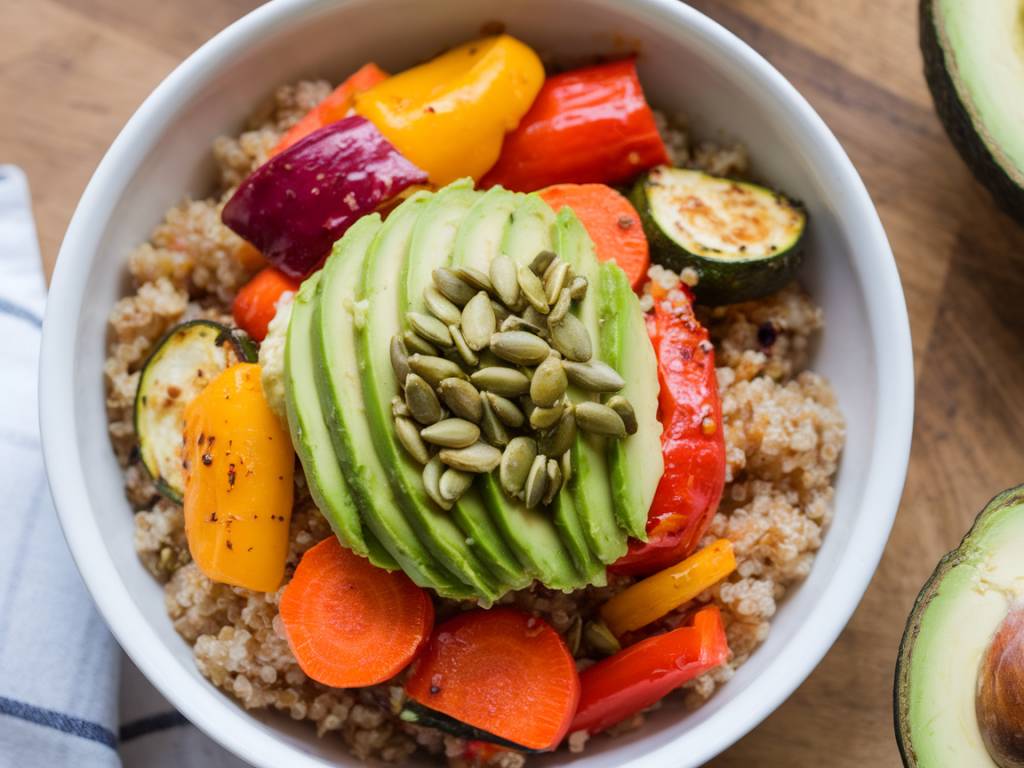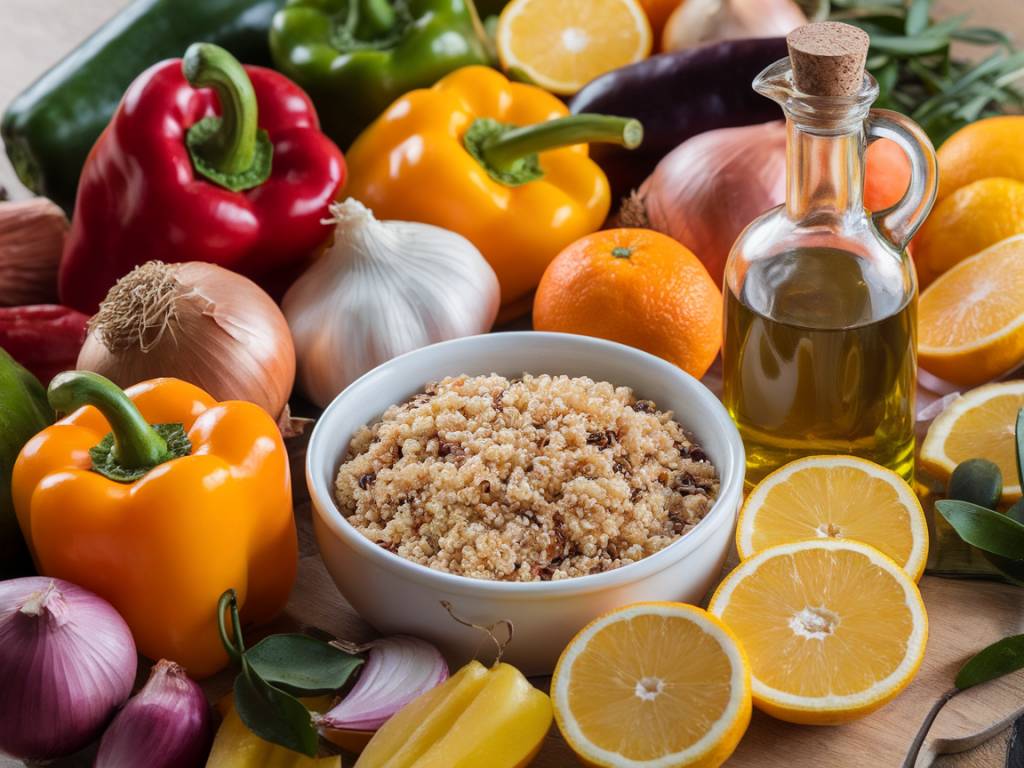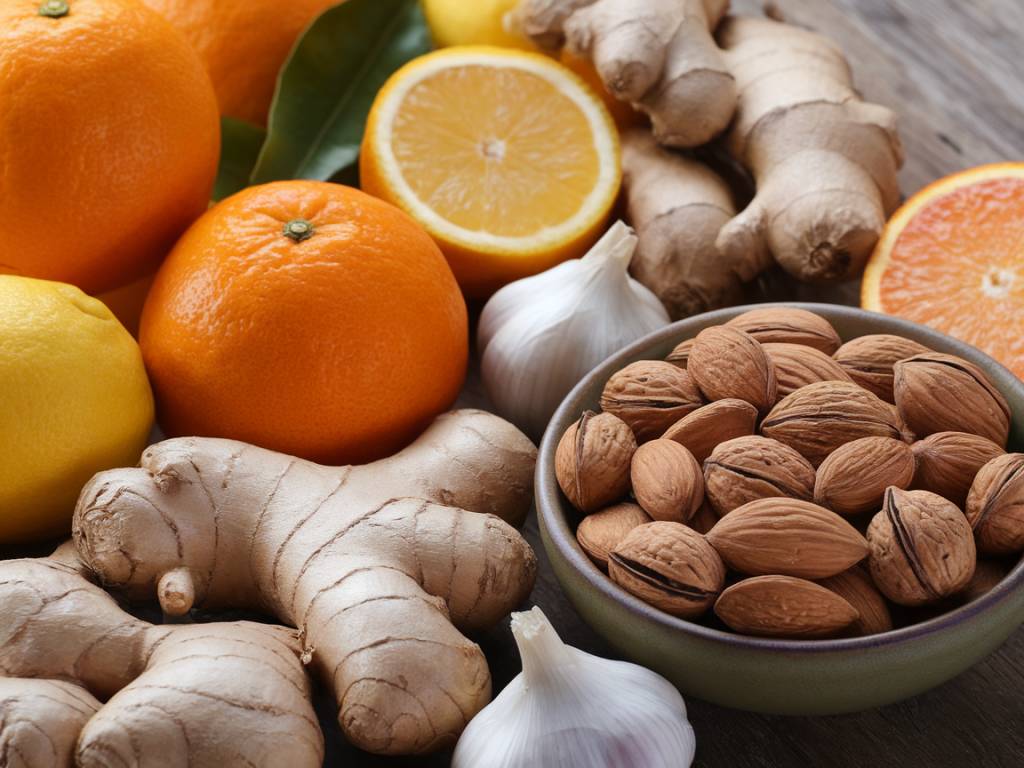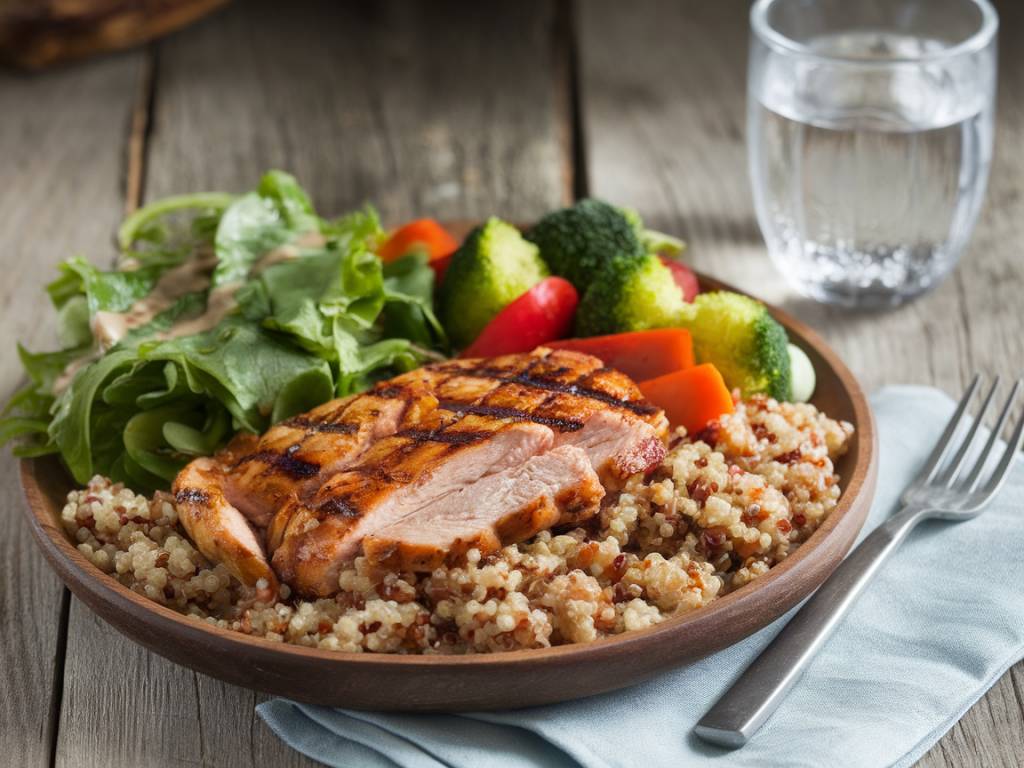Eating Nutrient-Dense Meals on a Budget: Smart Strategies for Healthy Eating
Eating well doesn’t have to mean spending a fortune. With the right approach, you can prepare nutrient-dense meals while sticking to a budget. The key is making smart choices, optimizing resources, and knowing where to find the best quality ingredients at an affordable price. Because let’s be honest—who doesn’t love saving money while staying healthy?
What Are Nutrient-Dense Meals?
Nutrient-dense meals pack a high amount of vitamins, minerals, fiber, and other essential nutrients without unnecessary calories, added sugars, or unhealthy fats. These meals are built around whole, natural foods that nourish your body, boost energy levels, and support overall well-being.
But isn’t eating healthy expensive? Not necessarily! By choosing wisely and planning ahead, you can enjoy balanced, delicious, and affordable meals every day.
Plan Before You Shop
The biggest mistake when trying to eat healthy on a budget? Shopping without a plan. Impulse buys and aimless purchases often lead to waste—and wasted money.
Here’s how to plan effectively:
- Create a meal plan: Outline what you’ll eat for the week. Focus on meals that use overlapping ingredients to avoid waste.
- Make a shopping list: Stick to it! A well-crafted list helps you stay on budget and avoid unnecessary purchases.
- Check sales and discounts: Many stores offer weekly deals on fresh produce, meats, and pantry staples—take advantage!
- Buy in bulk: Items like brown rice, beans, oats, and frozen vegetables are often cheaper when purchased in larger quantities.
Choose Affordable, Nutrient-Dense Ingredients
Some of the most nutritious foods are also the most budget-friendly. You don’t need fancy superfoods to nourish your body properly. Instead, focus on these affordable staples:
- Whole grains: Brown rice, quinoa, whole wheat pasta, and oats provide fiber and long-lasting energy.
- Legumes: Lentils, chickpeas, and black beans are rich in protein, fiber, and essential minerals.
- Frozen vegetables: Just as nutritious as fresh, but often cheaper and easier to store.
- Seasonal produce: Buying fruits and vegetables in season usually means better prices and fresher options.
- Eggs: A powerhouse of protein and essential nutrients at a low cost.
- Canned fish: Sardines, tuna, and salmon are excellent protein sources loaded with omega-3s.
- Nuts and seeds: Buy in bulk for affordable sources of healthy fats and protein.
Cook at Home to Save Money
Eating out regularly drains your bank account faster than you think. The cost of fast food or restaurant meals adds up quickly, often exceeding what you’d spend cooking at home.
Here’s why cooking at home is the smarter choice:
- Portion control: You decide the serving sizes and limit food waste.
- More control over ingredients: No hidden unhealthy fats, sugars, or additives.
- Batch cooking saves time: Prepare meals in advance and store them for the week.
- Leftovers become new meals: Reinvent leftovers into salads, wraps, or stir-fries.
If you’re short on time, consider meal prepping one day a week. Pre-cut vegetables, marinate proteins, and cook grains in advance to make weeknight meals hassle-free.
Use Herbs and Spices to Elevate Simple Meals
Eating on a budget doesn’t mean sacrificing flavor. Herbs and spices are the secret weapons that transform basic meals into gourmet experiences.
Affordable, must-have seasonings include:
- Garlic & onion powder: Adds depth to any dish.
- Cumin & paprika: Perfect for seasoning grains, beans, or meats.
- Oregano & basil: Great for Mediterranean dishes.
- Cinnamon: Adds warmth to oatmeal, smoothies, and baked goods.
Pro tip: Buying dried herbs and spices in bulk is much cheaper than purchasing small jars at regular prices.
Smart Protein Choices on a Budget
Protein is essential, but high-quality sources can be pricey. The good news? Affordable, nutrient-dense protein options exist.
Budget-friendly protein sources include:
- Eggs: A complete protein source that’s highly versatile.
- Lentils & beans: Cheaper than meat and packed with fiber.
- Greek yogurt: High in protein and probiotics.
- Chicken thighs: More affordable than chicken breast, yet just as protein-rich.
- Peanut butter: A cost-effective way to add plant-based protein and healthy fats.
Make the Most of Sales and Discounts
Supermarkets regularly mark down items nearing their expiration date. These products are often still fresh and perfectly safe to consume.
Here’s how to shop smart:
- Look for discounted produce: Use ripe fruits in smoothies, soups, or homemade sauces.
- Stock up on frozen proteins: Supermarkets frequently discount meats and fish approaching sell-by dates.
- Use loyalty programs: Many grocery stores offer discounts for returning customers.
- Buy generic brands: Often just as nutritious as name brands but significantly cheaper.
Simple, Budget-Friendly Meal Ideas
Need some inspiration? Here are a few inexpensive yet highly nutritious meal ideas:
- Oatmeal with banana & peanut butter: A protein-rich, fiber-packed breakfast for less than a dollar.
- Chickpea & vegetable stir-fry: A quick and affordable way to get your greens.
- Homemade lentil soup: High in protein, fiber, and flavor.
- Scrambled eggs with spinach & whole wheat toast: Balanced, nutritious, and budget-friendly.
- Quinoa & black bean salad: Packed with plant-based protein and essential nutrients.
Health and Budget Can Go Hand in Hand
Eating nutrient-dense meals on a budget is entirely possible with smart planning, strategic shopping, and a little creativity in the kitchen. You don’t need luxury ingredients to nourish your body—just a solid approach to meal preparation and an eye for great deals.
So, the next time someone tells you that eating healthy is expensive, send them this article. Your wallet and well-being will thank you!



